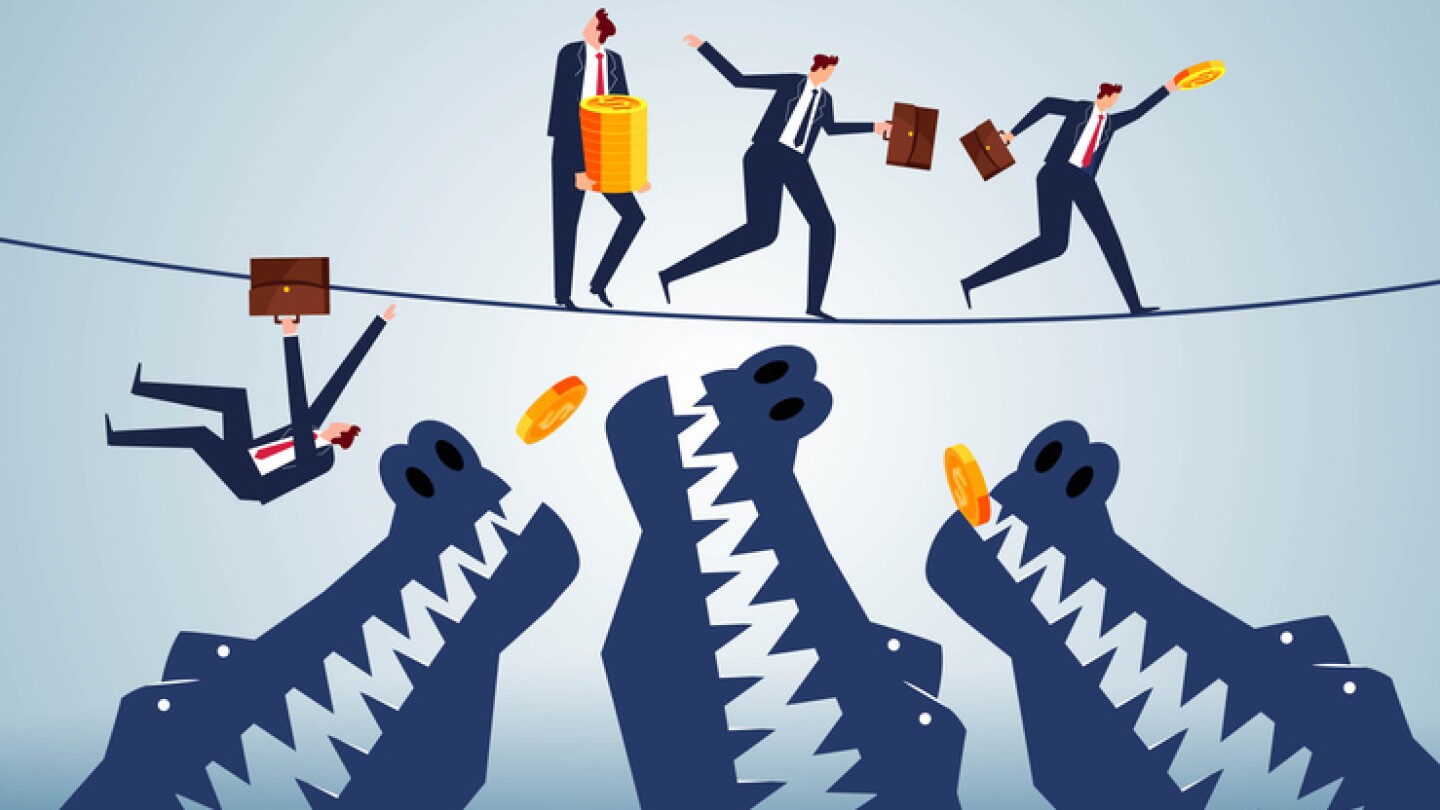Editorial
Biogen’s effort to buy Sage against the board’s wishes and a long-time effort by investor Alcorn to scuttle Aurion’s IPO underscore the cutthroat nature of biopharma dealmaking.
Less than a day into his second term, President Donald Trump ordered a freeze on communications at major public health agencies, among other moves that have sent waves through the biopharma industry.
As I ran from interview to interview across San Francisco, I was consistently warmed by the stories I was told by biotech and pharma executives—and the general comradery in the air throughout the chaotic event.
Misses from amyotrophic lateral sclerosis hopefuls Denali Therapeutics and partners AbbVie and Calico Life Sciences mark the latest setbacks for the controversial platform trial, the results from which have largely mirrored the dismal success rate in ALS overall.
From ADCs and radiopharmaceuticals to cell and gene therapies, eager young startups are betting on advances in biopharma’s most competitive therapeutic spaces—and attracting dollars from Big Pharma.
This year saw lofty highs and devastating lows for neuroscience drug developers like Bristol Myers Squibb, Eli Lilly and AbbVie, following the predictable pattern of successes and failures that characterizes this space.
BioSpace Senior Editor Annalee Armstrong reflects on the year that was, and what’s to come in 2025.
Not exactly known for its dealmaking, Sarepta Therapeutics has thrown down a massive wad of cash to work with Arrowhead Pharmaceuticals on RNAi-based medicines.
Despite hotly debated biomarkers and failed or delayed confirmatory trials, the accelerated approval program has a track record of propelling R&D for some of medicine’s most challenging illnesses.
Sage Therapeutics discontinued development of its lead candidate dalzanemdor after a third clinical failure, leading analysts to question the biotech’s future profitability.










